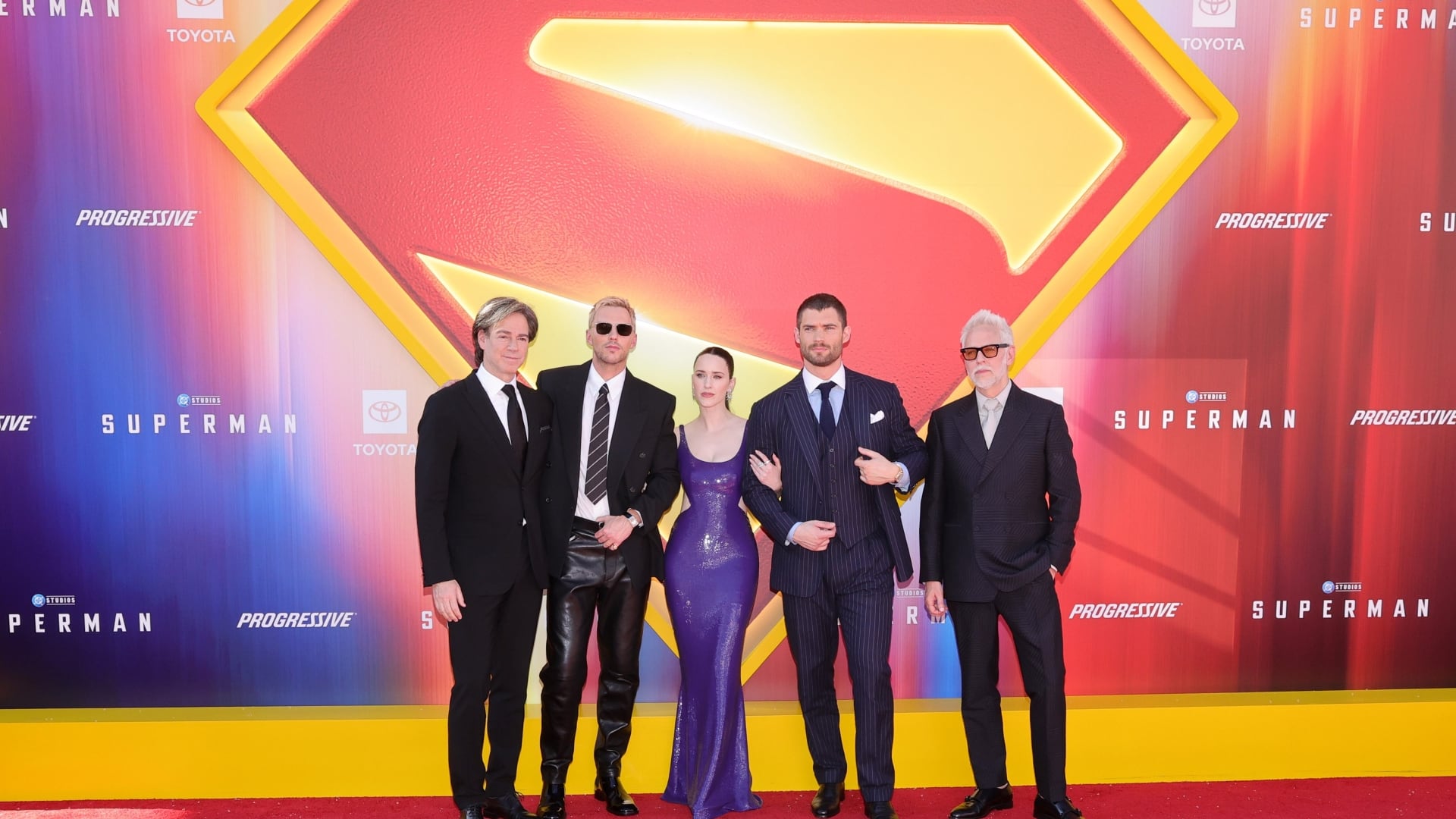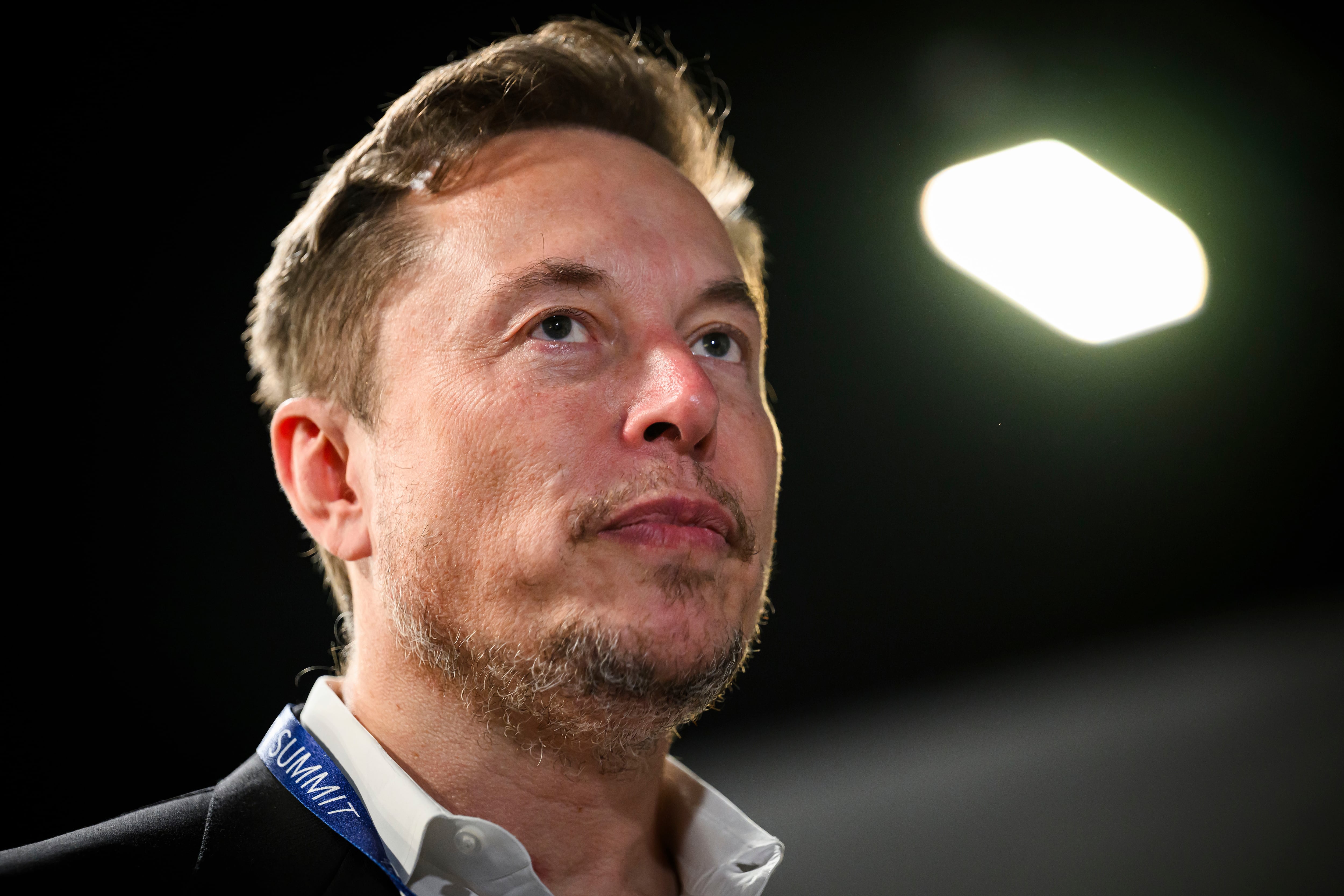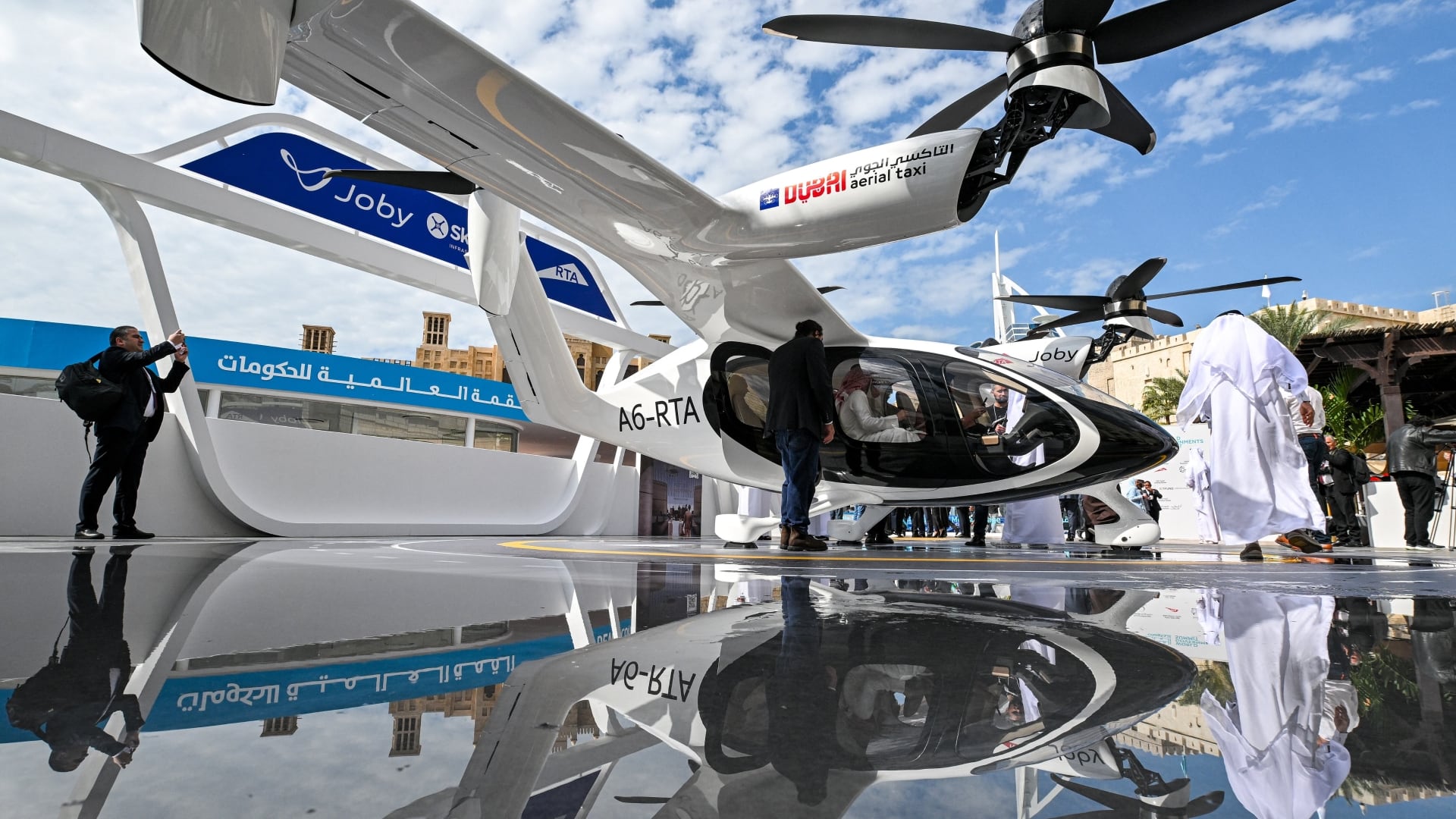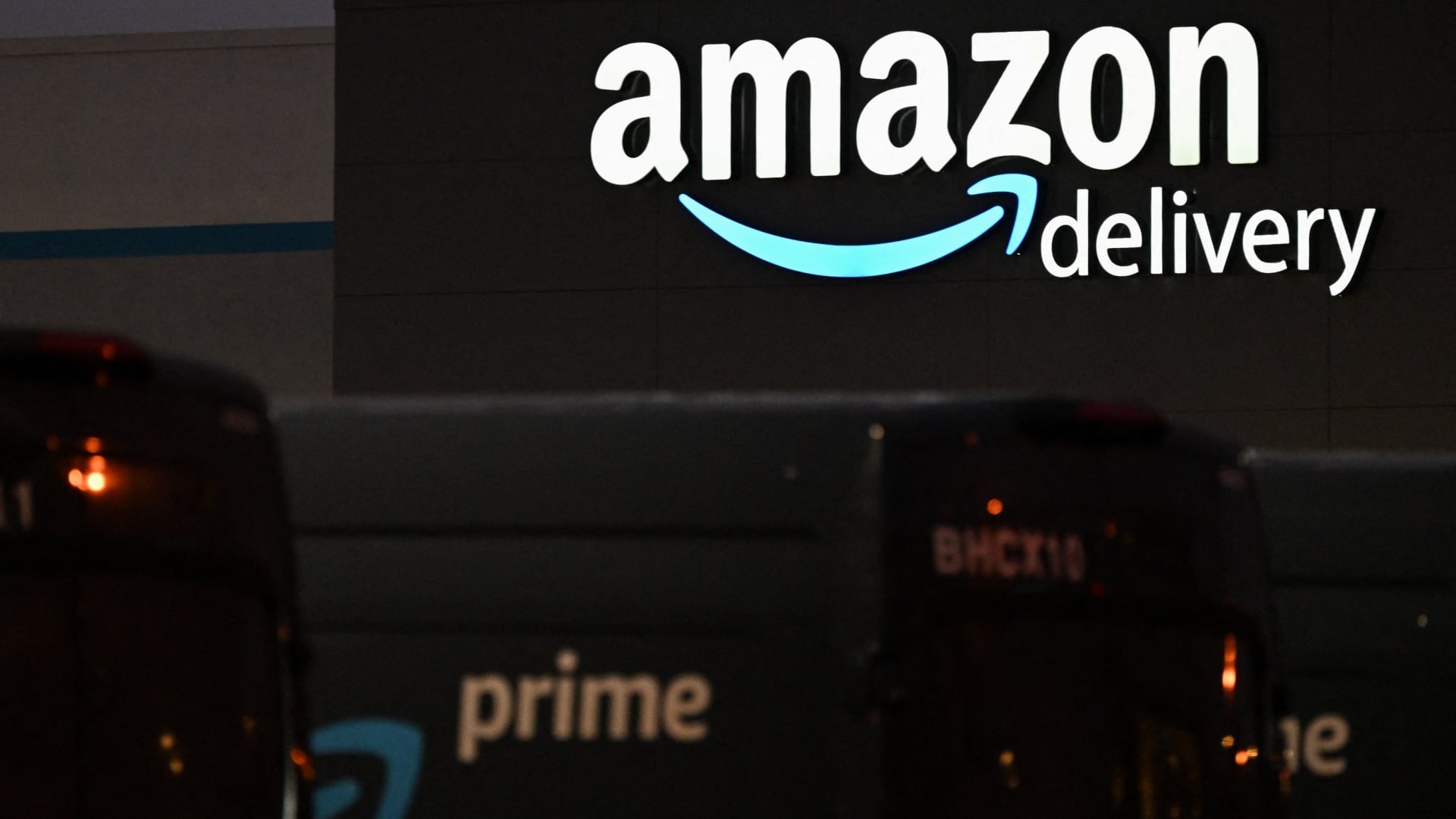As the Trump administration reportedly plans to continue pressing the United Kingdom to ban tech giant Huawei, over fears that it’s global 5G network technology will put national security at risk, the Chinese tech leader is hitting back.
"I think the U.S. needs to remember who our allies are and try to treat our allies with a little more respect because I think there's a real sense out there that the United States is being a bully and they don't like it," Huawei's U.S. Chief Security Officer Andy Purdy told Cheddar Friday.
The executive also pushed back against racketeering charges unveiled by the U.S. Justice Department last week, which came on top of earlier accusations including bank and wire fraud charges personally leveled against Huawei’s CFO Meng Wanzhou.
"Well unfortunately right now the U.S. government is trying to basically hurt China by hurting Huawei," Purdy said. "And unfortunately they're not really thinking about the potential benefits to the rural customers that we serve or the nearly 300 American companies that want to sell to Huawei. So they're going to end up hurting America much more than they hurt Huawei."
Purdy took exception to the accusations of racketeering conspiracy, conspiracy to steal trade secrets, and the ban on American companies from doing business with Huawei, calling on the U.S. to provide more evidence of malfeasance.
He also noted world leaders have continued to do business with the company, largely ignoring America’s calls to prevent the tech firm from implementing its 5G tech.
"Despite the pressure from the United States, they want to rely on evidence. They want to weigh the benefits of using the best technology in the world, the consequences of not allowing that technology, and try to put in place risk mitigation measures that provide assurance and are transparent," the chief security officer said. "The fact is, there are major nation-states in the world that can really, virtually implant hardware and software in everybody's products, so it's important that we not just block Huawei."
As the U.S. pushes back hard against Huawei’s 5G tech, it’s not clear which other company could compete. The lack of means and infrastructure stateside might require the government to follow a similar path to countries like China: investing in its own network company. Purdy told Cheddar he welcomed such an idea that could provide more innovation through competition.
"That's going to make the world a better place," he said.
But he still emphasized that the U.S. opening itself up to Huawei, and making it a partner in talks about cybersecurity and transparency, would be beneficial still for American vendors.
"Compare what we're doing with our competitors. I think that would help make America safer," Purdy added.
Even as Purdy made his case for the benefits of Huawei getting back into the U.S. market, he was explicit that the company's global reach means it will be able to weather the current geopolitical storm.
"We can go it alone. We've been selling our 5G technology around the world with no American components. We want to come back and purchase from America. We want to come back and partner with Google," Purdy said. "But if we have to, we'll go elsewhere."
Watch the full interview below:












